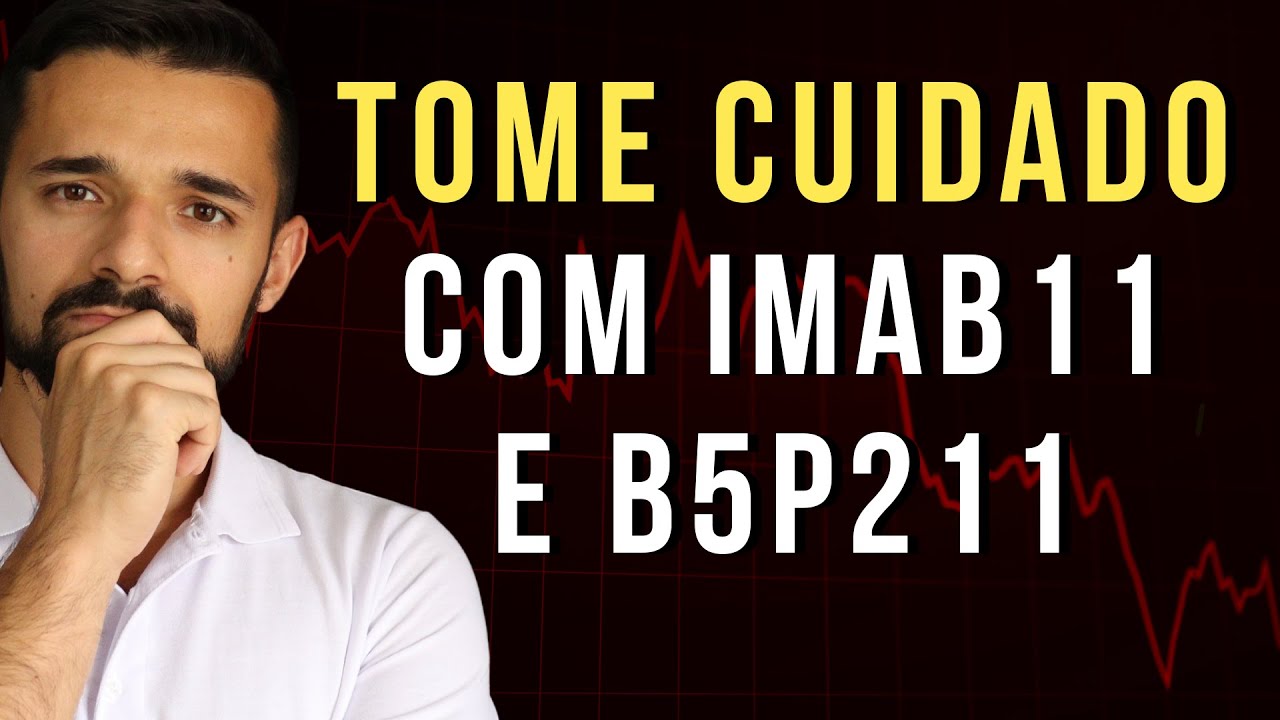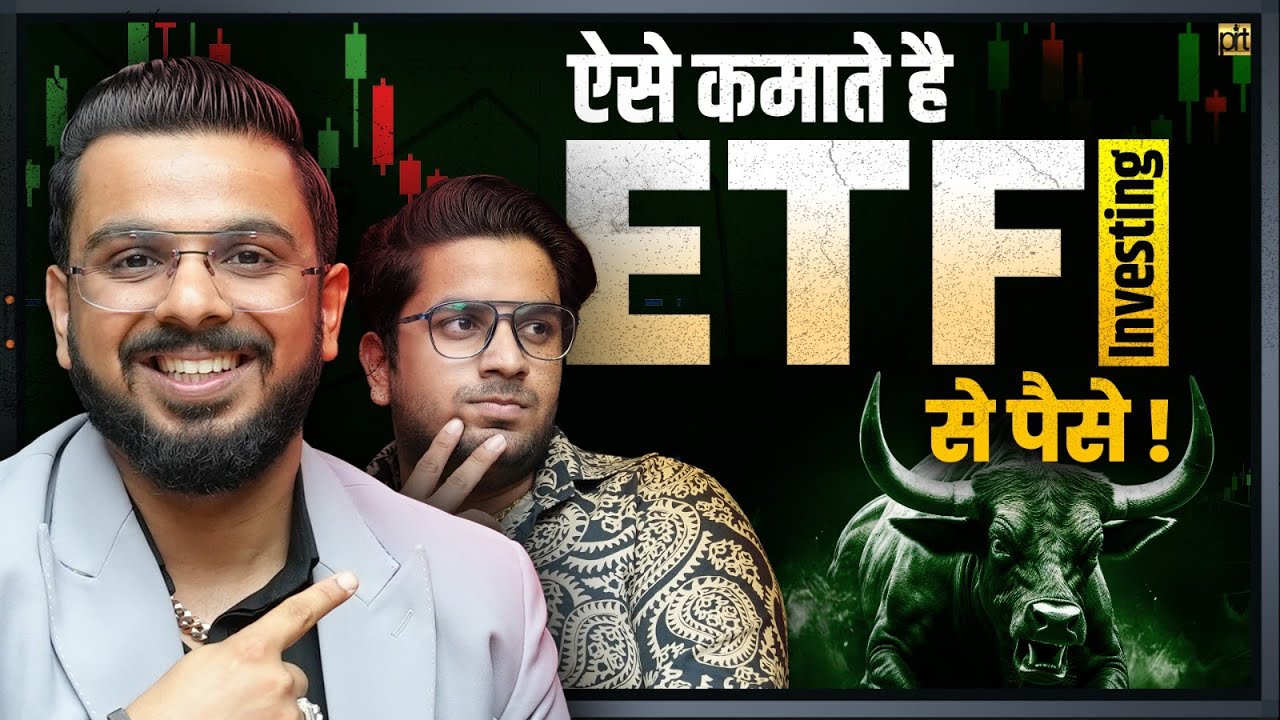Investing in Emerging Markets: Worth the RISK?
Summary
TLDRIn this video, Angelo explores the potential of investing in Emerging Markets through ETFs, weighing the pros and cons. He discusses their contribution to global GDP growth, diversification benefits, and lower valuations, but also addresses their volatility, lower risk-adjusted returns, and political risks. Angelo compares ETFs like the MSCI World to the more inclusive FTSE All-World and MSCI ACWI, and shares his personal strategy, advocating for informed decisions based on comprehensive research and long-term perspectives.
Takeaways
- 🌐 Investing in Emerging Markets can be considered through ETFs like the MSCI ACWI or FTSE All-World, which include about 10% of these markets based on market cap.
- 📈 Emerging Markets have contributed significantly to global GDP growth, accounting for 66% and making up 50% of the global GDP, indicating potential for investment.
- 📉 Despite strong economic growth, stock investments in Emerging Markets have seen disappointing returns over the last decade compared to developed markets.
- 🔄 Including Emerging Markets in a portfolio can offer diversification benefits, as they have historically shown lower correlation with the US market compared to other developed countries.
- 💰 Stocks from Emerging Markets are often undervalued, presenting a potential opportunity for higher returns if they catch up to their long-term averages.
- 🧘 Long-term investors may find peace of mind in a global ETF that includes Emerging Markets, ensuring they won't miss out if these economies outperform in the future.
- ⚠️ Emerging Markets are more volatile and have higher standard deviation compared to developed markets, leading to larger potential gains and losses.
- 📊 The risk-adjusted returns of Emerging Markets have been lower than those of developed markets, as indicated by a lower Sharpe ratio over the past 30 years.
- 🏛 Emerging Markets come with additional risks such as political uncertainties, less mature and transparent stock markets, and weaker protection for foreign investors.
- 💼 High economic growth in Emerging Markets does not always translate to high investment returns, as shown by their lower performance in various historical periods.
- 💵 ETFs containing Emerging Markets tend to have higher fees and worse tracking differences compared to those focused on developed markets.
Q & A
What is the main topic of Angelo's video?
-The main topic of Angelo's video is whether or not one should invest in Emerging Markets as a passive low-cost ETF investor.
Why are countries like India and China considered Emerging Markets?
-Countries like India and China are considered Emerging Markets because they have growing economies and are part of the more than 1/3 of the world's population, yet they are not classified as developed markets.
What is the MSCI World ETF and why does it exclude Emerging Markets?
-The MSCI World ETF is an exchange-traded fund that covers developed markets around the world. It excludes Emerging Markets because it is focused on developed economies, contrary to its name which might suggest global coverage.
What percentage of the global GDP growth do Emerging Markets currently account for?
-Emerging Markets economies account for 66% of global GDP growth.
Why might the investment returns from stocks in Emerging Markets have been disappointing over the last decade?
-The investment returns from stocks in Emerging Markets have been disappointing due to various factors such as higher volatility, lower risk-adjusted returns, and additional risks associated with political uncertainties and less mature stock markets.
What is the advantage of investing in Emerging Markets in terms of diversification?
-Investing in Emerging Markets provides extra diversification by adding thousands of stocks from 24 additional countries that have a lower correlation to the US market performance compared to other developed countries.
What is the average correlation of Emerging Markets to the US market performance since 1988?
-The average correlation of Emerging Markets to the US market performance since 1988 is 0.66.
Why might a global ETF including Emerging Markets be considered a form of insurance?
-A global ETF including Emerging Markets is considered a form of insurance because it ensures that investors are unlikely to have regrets if these countries outperform in the future, while if they underperform, their impact on overall returns will be smaller due to a reduced share within the ETF.
What is the main concern regarding the high US exposure in global ETFs?
-The main concern is that having a high US exposure in global ETFs might lead to a lack of diversification and over-reliance on the performance of the US market, which could be mitigated by including Emerging Markets.
What does the video suggest about the historical performance of US stocks even when they had a higher share of global market cap?
-The video suggests that even when US stocks had a higher share of global market cap, such as between the 50s and 70s, the American S&P 500 index still performed well, going up 752% over a 22-year period and returning 9.77% per year on average.
What are the two main ETFs Angelo discusses for investing in Developed Markets?
-The two main ETFs Angelo discusses for investing in Developed Markets are the MSCI World and the FTSE Developed World index.
Why might someone choose the Vanguard FTSE Developed World ETF over the MSCI World?
-Someone might choose the Vanguard FTSE Developed World ETF over the MSCI World because it is broader, includes a few extra countries and a larger number of stocks, and has a lower total expense ratio of 0.12%.
What is the significance of the Sharpe ratio in evaluating the performance of investments in Emerging Markets?
-The Sharpe ratio is significant as it measures the risk-adjusted performance of an investment. A lower Sharpe ratio for Emerging Markets indicates that the additional risk associated with investing there has not been met with proportionally higher returns.
Why might higher economic growth in Emerging Markets not translate into higher investment returns?
-Higher economic growth in Emerging Markets might not translate into higher investment returns due to various factors such as market volatility, political uncertainties, and the maturity and transparency of the stock markets.
What is the total expense ratio (TER) of the FTSE Developed World ETF compared to the FTSE Emerging Market's ETF?
-The total expense ratio (TER) of the FTSE Developed World ETF is 0.12% per year, compared to the FTSE Emerging Market's ETF which has a TER of 0.22%.
What does Angelo suggest as the best single ETF solution for including Emerging Markets in an investment portfolio?
-Angelo suggests the Vanguard FTSE All-World as his personal favorite single ETF solution for including Emerging Markets in an investment portfolio, but also mentions the SPDR MSCI ACWI IMI ETF as a great alternative.
What is the main takeaway Angelo wants viewers to have after watching the video?
-The main takeaway Angelo wants viewers to have is to make informed decisions about whether or not to invest in Emerging Markets based on available data and research, understanding exactly what they are investing in and the reasoning behind it.
Outlines

Esta sección está disponible solo para usuarios con suscripción. Por favor, mejora tu plan para acceder a esta parte.
Mejorar ahoraMindmap

Esta sección está disponible solo para usuarios con suscripción. Por favor, mejora tu plan para acceder a esta parte.
Mejorar ahoraKeywords

Esta sección está disponible solo para usuarios con suscripción. Por favor, mejora tu plan para acceder a esta parte.
Mejorar ahoraHighlights

Esta sección está disponible solo para usuarios con suscripción. Por favor, mejora tu plan para acceder a esta parte.
Mejorar ahoraTranscripts

Esta sección está disponible solo para usuarios con suscripción. Por favor, mejora tu plan para acceder a esta parte.
Mejorar ahoraVer Más Videos Relacionados

TOME CUIDADO COM OS ETFs DE RENDA FIXA IMAB11 E B5P211 ⚠️

Best ETF To Buy And Hold For South Africans (2021)

Top 8 REITs for HUGE DIVIDENDS (Retire Early with Passive Income)

Ledn Review | Earn 6.25% Interest On Your BITCOIN - Loans & Savings Accounts a Good Idea?

Bedah Pilihan Investasi Terbaik

ETF Investment Guide | Best ETF for Buying | Step by Step Learn Stock Market Investing
5.0 / 5 (0 votes)
